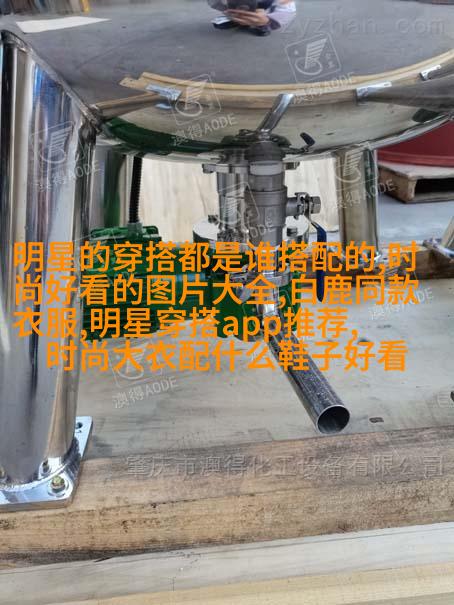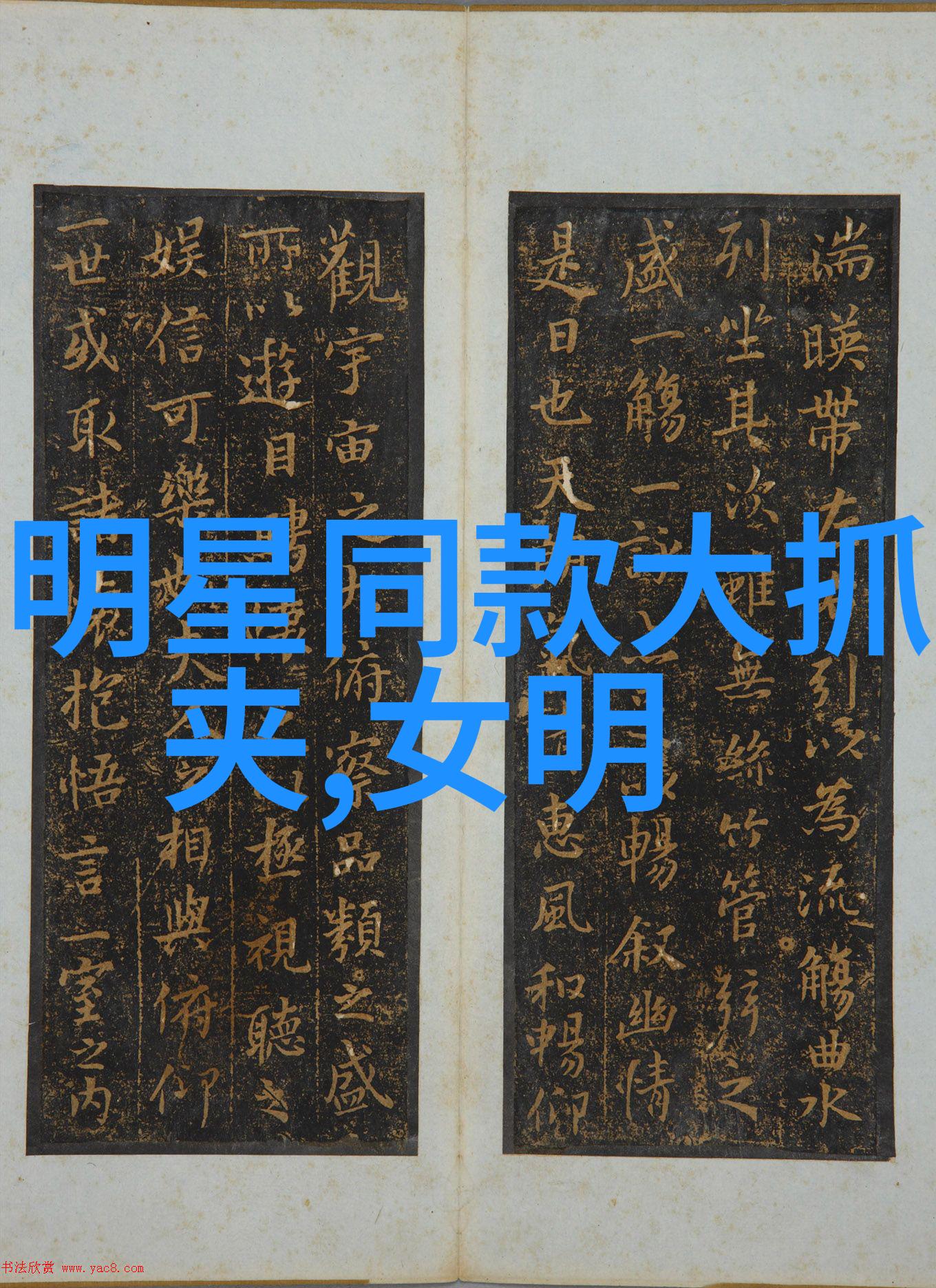老子的音乐之旅:给老子叫的歌

在古代中国,音乐不仅是一种艺术形式,更是哲学和文化的重要组成部分。它能够表达人们的情感、思想,也能够传递历史的风貌和文化的精髓。在这个主题下,我们探讨的是“给老子叫 老子喜欢听”,这不仅是一个简单的问题,而是对一位伟大思想家的深刻理解和尊重。
寻找老子的音符

在中国古代,音乐与道家哲学有着密切的关系。道教强调自然无为,与音乐中的自然美相契合。《道德经》中提到“天地不仁,以万物为刍狗”,这句话似乎暗示了对宇宙本质的一种解读——即宇宙是不关心万物命运的大海,而我们作为小小的人类,只能顺其自然。这正如一首曲调,它起伏跌宕,却又带有一种超脱世俗的情怀。
古筝上的哲思

如果要为老子编曲,一定会选择古筝,因为它的声音既温柔,又充满力量,就像老子的思想一样深邃而持久。古筝上奏出的每一个音符,都好像是在回应那句“以万物为刍狗”的问题——它们是否真的被视作可有可无?或者说,在这个世界里,每个生命都值得被珍惜吗?
旋律中的智慧

当然,“给老子叫 老子喜欢听”并不意味着我们需要创作出某个特定的曲目,而是要捕捉到那种超越时空、跨越文化的精神实体。这就好比用一种语言去表达另一种语言所无法触及的情感和概念,即使没有共同语言,也能产生共鸣。
追求内心平静

在当今社会,我们常常感到压力山大,生活节奏快得令人喘不过气来。而在这样的背景下,为那些寻求内心平静的人们创作音乐,便成了极大的必要性。在这种意义上,“给老子叫 老子喜欢听”也许就是一个向往宁静与自由生活方式呼唤的一声号角,让人暂时抛开尘嚣,用耳朵去聆听内心的声音,用心去感受宇宙间那份不可言说的默契。
将思想转化成旋律
将这些抽象概念转化成实际行动,并非易事。但对于那些真正理解并且热爱乐器以及通过它们传递信息的人来说,这几乎是一项神圣而又荣幸的事业。当他们拿起笔墨,将这些想法融入于作品之中,那些曾经沉淀于文字之间的话语,如同水滴石穿般逐渐显现出来,最终成为了一段段流畅而优美的旋律。
展现文明精神
因此,无论是通过文字还是声音来表达,对于这一主题最核心的问题——如何让我们的存在得到尊重和理解,是一件非常重要的事情。不管是在何种形式下,“给老子叫 老子喜欢听”,都是对人类文明的一个致敬,它诉诸人的情感,同时也是人与环境、人与他人的沟通桥梁。在这里,music(音乐)成为了连接过去、现在乃至未来的纽带,使得千年的知识与智慧得以不断更新,不断传承,从而构建起一个更加包容、更加繁荣多元的人类社会。
总结:
《OLD MAN'S FAVORITE SONG》
In this article, we explore the idea of creating a song for Lao Tzu that he would enjoy. We delve into the connection between music and Daoist philosophy, using ancient Chinese instruments like the guqin to convey messages of respect and understanding for one's ancestors. The piece also touches on how music can be used as a means to express abstract concepts such as inner peace and spiritual enlightenment in today's fast-paced world. Ultimately, it highlights the importance of respecting our cultural heritage and finding ways to connect with our past while embracing progress.
The main theme is "give old man call old man like listen", which emphasizes respecting one's ancestors through creative expression. This article explores various aspects of this concept, including musical composition inspired by Daoist philosophy, the use of traditional Chinese instruments such as guqin to convey profound ideas, and how modern society can find solace in these ancient practices amidst their busy lives.
In essence, giving Lao Tzu a song that he would appreciate involves more than just composing a melody; it encompasses an entire journey that combines spirituality with artistry – connecting us all across time and space.
As you read through this piece, imagine yourself sitting under an ancient tree listening to someone play an instrument from another era – let your heart resonate with its melodies as you ponder what makes us human: our ability to create something beautiful out of nothingness.
So go ahead; give Lao Tzu his favorite tune. Let him know that even in today’s chaotic world where technology reigns supreme over humanity’s existence – there are still those who value wisdom passed down through generations and cherish every note played upon those strings made from animal hide or bamboo (or both). For after all,
"Music is divine,
It brings people together,
And gives them hope."
This symphony goes beyond mere entertainment; it speaks volumes about who we are – individuals connected yet separate at once - striving for harmony within ourselves while navigating life’s unpredictable currents.
Now close your eyes take deep breaths let your mind wander back into history when words were not enough but sounds could evoke emotions so strong they could move mountains.



